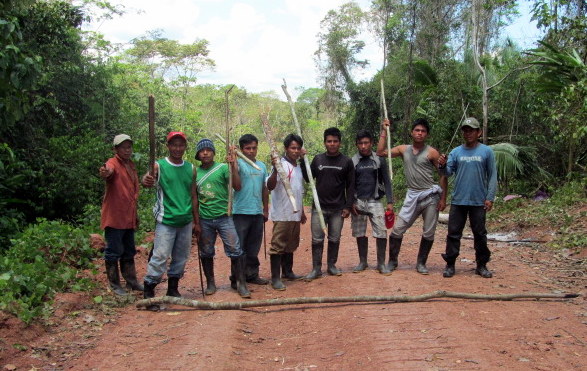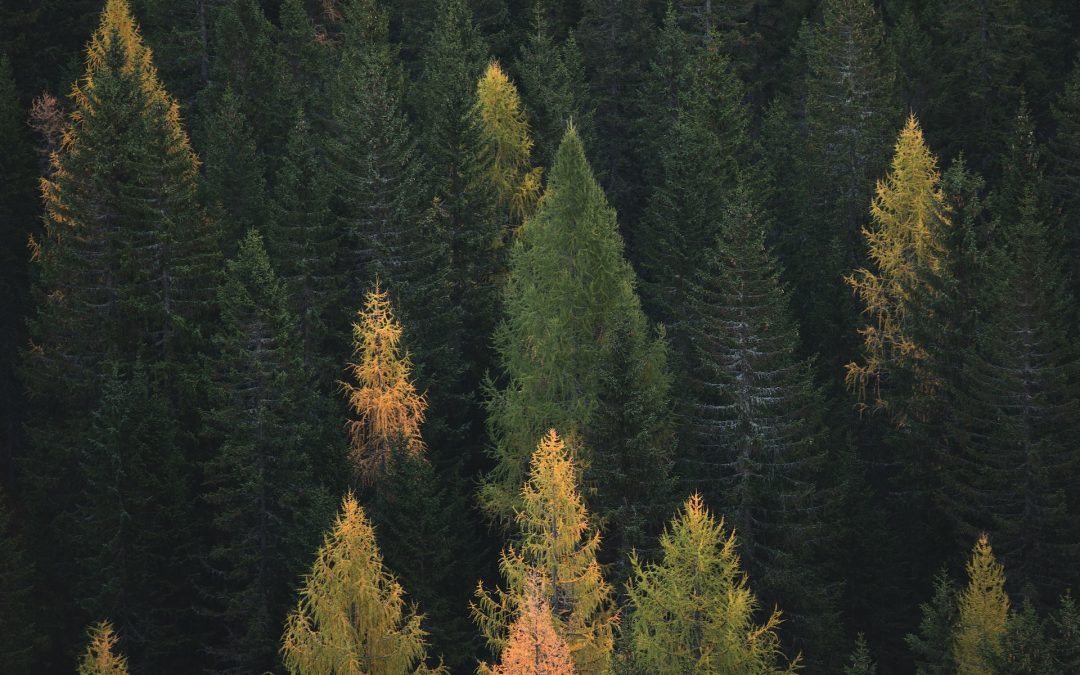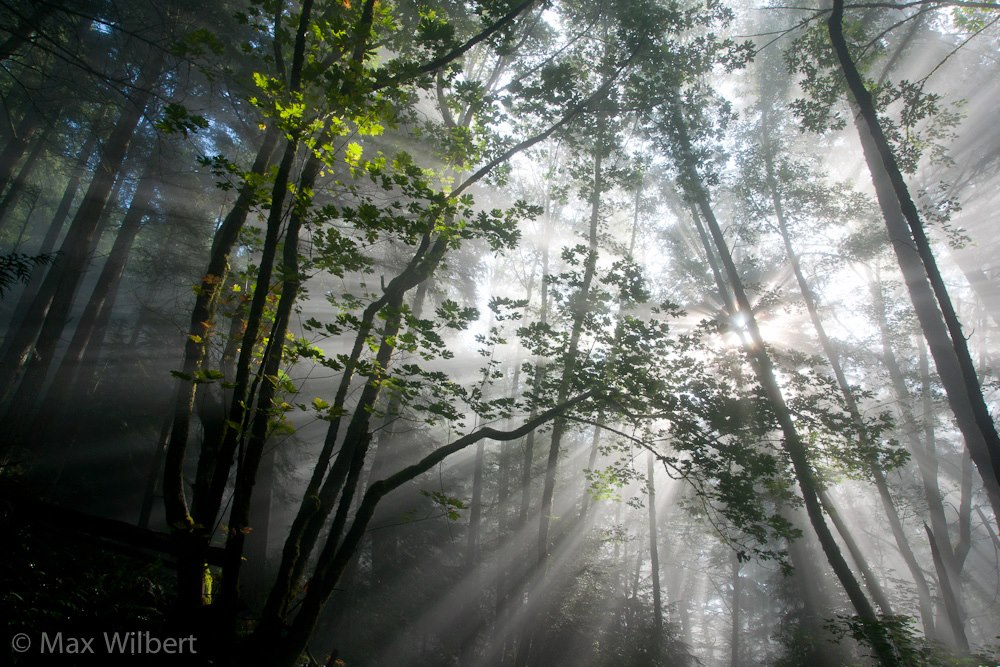
by Deep Green Resistance News Service | Sep 10, 2012 | Indigenous Autonomy, Mining & Drilling, Obstruction & Occupation, Toxification
By Ronald Suarez, Network of Peruvian Indigenous Communicators, Ucayali
Over 400 villagers in the Native Community of Canan de Cachiaco in the Ucayali region of the Peruvian Amazon have taken control of nine oil wells, belonging to oil company, Maple Gas, in oil lot 31B.
Community members took over the oil wells on September 2nd, and continue to hold them as a result of 37 years of oil contamination in their territory by the company.
The community leader, Basilio Rodriguez Venancio, said the action was made necessary because the company did not consider the environmental impact assessment carried out by an independent consultant.
The community is demanding that the company pay them compensation for the use of their lands and for the environmental damage they have suffered for 37 years. Such damage includes the contamination of their rivers, their only source of drinking water, and the contamination of their soils due to the company’s use of chemicals and heavy minerals, which the population says has significantly affected the productivity of their land.
Several community members testified that they have become sick due to the company’s negligence and contamination of their drinking water. There have been several instances in the past years of cancer and ¨unknown deaths¨ that the community attributes to company abuses.
The community awaits the arrival of state representatives from the Ministry of Energy and Mines and Ministry of Environment, scheduled for Thursday, September 13th, to resolve this conflict.
Meanwhile the villagers are still stationed in the camp until authorities settle their claims.
From Alianza Arkana

by Deep Green Resistance News Service | Sep 10, 2012 | ANALYSIS, Biodiversity & Habitat Destruction, Climate Change
By Mongabay
Already facing an onslaught of threats from logging and conversion for agriculture, forests worldwide are increasingly impacted by the effects of climate change, including drought, heightened fire risk, and disease, putting the ecological services they afford in jeopardy, warns a new paper published in the journal Nature Climate Change.
The study, authored by William Anderegg of Carnegie Institution for Science at Stanford University and Jeffrey Kane and Leander Anderegg of Northern Arizona University, reviews dozens of scientific papers dealing with the ecological impacts of climate change. They find widespread cases of forest die-off from drought and elevated temperatures, which can increase the incidence of fire and pest infestations like pine beetles. These effects have the potential to trigger transitions to other ecosystems, including scrubland and savanna. But the impacts vary from forest to forest and the authors say more research is needed to fully understand the effects of climate change on forest ecosystems.
However it is not only forests that are affected by climate change — they themselves impact climate. Forests store 45 percent of the carbon found in terrestrial ecosystems and sequester as much as 25 percent of annual carbon emissions from human activities, helping mitigate a key driver of climate change. Yet they also raise local temperate by absorbing sunlight. Clearing forests in polar regions has the paradoxical effect of increasing the reflectivity of Earth’s surface, reducing local temperatures. Yet clear-cutting of forests in the tropics accounts for 8-15 percent of anthropogenic greenhouse gas emissions.
The authors say that the research gaps make it difficult to forecast the economic and ecological impacts of climate change on forests, which cover cover some 42 million square kilometers or 30 percent of Earth’s land surface and underpin hundreds of billions to trillions of dollars a year in economic activity.
“The varied nature of the consequences of forest mortality means that we need a multidisciplinary approach going forward, including ecologists, biogeochemists, hydrologists, economists, social scientists, and climate scientists,” said William Anderegg in a statement. “A better understanding of forest die-off in response to climate change can inform forest management, business decisions, and policy.”
From Mongabay: “Climate change causing forest die-off globally”
Photo by Federico Bottos on Unsplash

by Deep Green Resistance News Service | Sep 8, 2012 | Lobbying, Mining & Drilling, Movement Building & Support
By Melanie Jae Martin / Waging Nonviolence
Last week, a new front opened in the struggle against tar sands mining in the U.S. If you didn’t know that tar sands mining is in the works on this side of the border in the first place, you’re not alone. Most people don’t realize that tar sands extraction, which has caused tremendous pollution and environmental degradation in Canada, has crossed the border to U.S. soil, where it has taken root in Utah.
Activists on both sides of the border have been working fervently to halt the spread of tar sands in Canada and the piping of tar sands oil from Alberta to Texas. Beginning with Tar Sands Action’s mass arrests outside the White House in August 2011, followed by the Indigenous Environmental Network’s protests at the climate talks in Durban that December, activists have made Canadian tar sands mining and the Keystone XL pipeline to the Gulf of Mexico a high-profile issue this past year.
Now, direct action campaigns like the Tar Sands Blockade in Texas are continuing the effort to stop construction of the southern leg of the pipeline by disrupting business as usual for the oil industry. The threat of tar sands mining in the U.S., however, complicates the struggle. It forces geographically divergent groups to either divide their efforts or find ways to unite across vast distances. That’s why groups like Utah Tar Sands Resistance and Before It Starts are forming a strategy that can join, as well as compliment, the tornado of opposition that has formed against the tar sands industry.
Before It Starts — co-founded by Ashley Anderson, who began Peaceful Uprising with Tim DeChristopher in 2009 — is focusing primarily on national outreach, while Utah Tar Sands Resistance is focusing on forging local and regional coalitions. In both groups, activists who have experience in nonviolent direct action are prepared to ramp up efforts when the time is right. Thus far, however, the struggle has mainly been waged in the courtroom.
The environmental group Living Rivers initiated a legal challenge in 2010 to halt the progress of what’s set to become the first commercial tar sands mine in the U.S. — a forested area in Eastern Utah called PR Spring, which the state has leased a portion of to the Canadian mining company U.S. Oil Sands. Living Rivers has contested the company’s permit to dump wastewater at the mine, but last week, the judge — an employee of the Utah Department of Environmental Quality — sided with U.S. Oil Sands, granting it the right to pour toxic wastewater into the remote wilderness of eastern Utah.
The case hinged on whether or not PR Spring contains groundwater. In the hearing back in May, U.S. Oil Sands argued that the land holds no groundwater, which means that polluting the land wouldn’t contaminate water systems. But according to engineering geologist Elliott Lips, who spoke as a witness for Living Rivers, the land holds numerous seeps and springs, which the toxic tailings would pollute before either continuing to flow into rivers or percolating downward into the Mesa Verde aquifer. Ultimately, the judge was satisfied knowing that the company had conducted its own tests and would have reported water if it had found any.
Raphael Cordray, co-founder of the Utah Tar Sands Resistance, explains that tar sands mining would be incredibly destructive in a number of ways, such as polluting water, lowering river levels and destroying diverse ecosystems. “There’s so much wild land in our state, and that’s something I’m proud of,” she said. “That’s our legacy. And it’s a treasure for the whole world. Some of these places they’re trying to mine are so unique that if more people realized they existed, they’d certainly be considered national parks.”
To catalyze mass resistance, the group plans to lead trips to the site. “Helping people experience the majesty of this land firsthand will show people how much is at stake, and move them to take a stronger stand,” said Utah Tar Sands Resistance co-founder Lionel Trepanier.
Together with activists from Peaceful Uprising and Living Rivers, Utah Tar Sands Resistance visited the PR Spring site two weeks ago, and members returned home ready to ramp up efforts to halt the mining. As a member of both groups, I went along on the trip, because I wanted to see firsthand what the land looked like and whether the mining company’s claims about the absence of groundwater were accurate.
As it turns out, they couldn’t be more false. Water has etched its presence into this land, leaving creek beds that may run low at times but never go away. And clearly, the area holds plenty of water to support the large herds of deer and elk, as well as the aspen, Douglas firs and pinyon pines that make up the dense forest covering much of the land.
This vibrant green scenery was juxtaposed by the two-acre strip mine just feet away from the forest’s edge. The difference between life and death could not have been more stark. Looking into the face of such destruction, I realized it’s no longer about saving the ecosystem, or saving our water — it’s about saving life on Earth. But that kind of effort isn’t possible without a broad movement behind it.
According to Lionel Trepanier, the groups working on this issue are looking to Texas’ Tar Sands Blockade as a model for building a broad coalition that includes “diverse groups of people like ranchers, hunters, the Indigenous community and climate justice activists.”
“I think we so often assume that someone won’t agree with us just because they seem different from us, when they could be our biggest ally,” said Cordray. “We’re committed to breaking down those barriers formed by fear of reaching out, and approaching people as human beings who need clean water and a healthy environment just as much as we do.”
Read more from Waging Nonviolence: http://wagingnonviolence.org/2012/09/opposition-mounts-as-first-tar-sands-mine-in-us-gets-a-green-light/

by Deep Green Resistance News Service | Sep 8, 2012 | Alienation & Mental Health, Listening to the Land
By Alex Rose / Deep Green Resistance Cascadia
We won’t fight for what we don’t know. We won’t die for what we don’t love.
Members of normal communities, living communities, love their community. They love their neighbors. They love their sisters and brothers. They are willing to fight for their community. They are willing to die for it, to protect it, to preserve it.
But this culture takes us from our communities, the lands and families that we belong in, that we belong to. Not knowing them, not loving them, we stand by with a confusion and a pain, not knowing what to do as they’re put upon the rack, stretched and tortured, pulled and prodded, and eventually killed. We don’t know why we hurt. It’s a pain we can’t name, a pain that wells up in places we didn’t know were a part of us.
Pulled and torn apart, our communities are erased and destroyed. We are alone, with walls erected between us. Born and raised in this nightmare, we are all but unable to see it for what it is. We know little beyond the fear and loneliness of this culture, and are terrified of those Others, those inexplicably familiar figures we can’t help but glimpse through the fog that this culture wraps us in. Our terror and fear is molded into hate, and we become the stonemasons ourselves, forever building up the walls that separate us from everyone, everything else we once knew and loved, until these walls become our prisons, and we find ourselves living—locked—in perpetual and solitary confinement.
And this kills us, our isolation. It kills everything. This world of life built upon reciprocity, is murdered, slowly atomized and compartmentalized away to nothing. Stripped of meaning, we are all of us—human communities, watersheds, prairies and oceans—slowly and entirely stripped physically apart into oblivion.
But this isn’t how it has to be. This wandering pain and loneliness isn’t what we are; it is what we’ve become. But it’s not what we must be.
Go and listen to the land, she is calling you. Go stand in the rain and listen as it kisses your face. The wind blows, playing with your hair, and the trees are dancing. Go and sit and listen to them. Listen to the language we used to know.
Go and talk with the trees. Listen to the frogs and hummingbirds and cactus; they will tell you stories. They will tell you about who they are. They will tell you about who you are. Listen to them. Talk to them. Cry with them. Learn them and learn to love them.
This is not easy. Civilization is built on the isolation, the alienation from life that is killing everything worth loving. Feeling that love and that pain is deeply challenging to our manufactured sense of self, our identity and being, to our prisons.
But we need that love and pain. We need the world, both to live and for our lives to have meaning. And unless we learn to listen to it, to know it and to love it and come home to those living communities (those we’ve been told don’t really exist), we will watch—distantly, half-feeling and half-awake—as they slip from existence, while we struggle with a pain and a grief we can’t seem to name or explain.
They feed and shelter us, they teach us, they help us to become ourselves. We need them. We need to know and love them. We need to fight for and defend them. And many of us will have to die for them.
Our love cannot be static, for love is a verb, and it must call us to act. It is not enough to say who and what we love; we must show it by our actions. We must love our homes, our extra-human communities, and we must protect them from the omnicidal slaughter that is the dominant culture, civilization. If we don’t love them enough to stop their enslavement, imprisonment and murder—by any means necessary—then our love is a lie.
We are alive in a living world, a world dancing and humming. The talking, laughing, crying and singing, living and dying is there, all around us in the world. It is the world. And it is a world that calls for our participation, a world that wants to know and love us and wants us to know and love it.
Go and sit with the ocean, the mountains the desert, rivers, trees, frogs, finches, mushrooms, and rocks. Listen to them. Listen to them calling you back, back into being and back into community. Listen to their stories, their dreams, their wisdoms and their songs. Listen until you know them, and then keep listening. Know them, love them, find your home there with them and then fight, protect and defend them.
From Roots and Rain
by Deep Green Resistance News Service | Sep 7, 2012 | Agriculture, Biodiversity & Habitat Destruction
By Agence France-Presse
A large palm oil plantation project in development in Cameroon since 2010 will put livelihoods and ecosystems in peril if allowed to continue, a US-based think-tank warned Wednesday.
“With the loss of livelihoods by thousands of Cameroonians on the line and critical and unique ecosystems in peril, this project must be stopped,” the Oakland Institute said in a report Wednesday.
Authoured in collaboration with Greenpeace International, the report said the project from SG Sustainable Oils Cameroon (SGSOC) was a case of massive deforestation disguised as a sustainable development project.
In 2009, Cameroon granted SGSOC, a subsidiary of US firm Herakles Farms, over 73,000 hectares (180,000 acres) of land in the country’s southwest to develop the plantation and refinery through a 99-year land lease.
But much of the project area is in a “biodiversity hotspot” that “serves as a vital corridor between five different protected areas,” the institute said.
It added that many locals fear the plantation would “restrict their access to lands held by their ancestors for generations” or that they would “lose land for farming as well as access to critical natural resources and forest products.”
In April, “11 of the world’s top scientists issued an open letter urging the Cameroonian government to stop the project that they say will threaten some of Africa’s most important protected areas,” the think-tank said.
But Bruce Wrobel, CEO of Herakles Farms, told the institute that “our project, should it proceed, will be a big project with big impacts — environmentally and socially.”
“I couldn’t be more convinced that this will be an amazingly positive story for the people within our impact area,” he was quoted saying in the report.
From Agence France-Presse:




